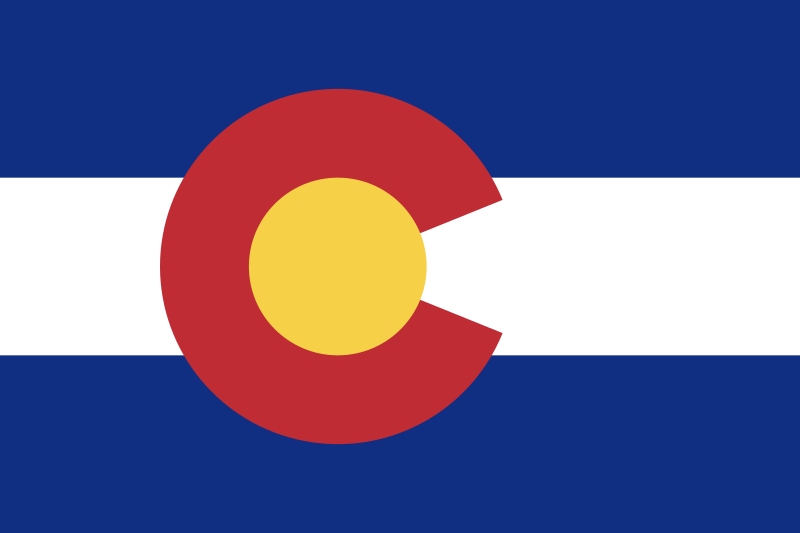Initiative #306 was certified for the ballot on August 17, 2020. The Colorado Secretary of State’s office found that, of the 198,538 signatures that were submitted, 140,058 were projected to be valid. To qualify for the ballot, 124,632 valid signatures were required.
The initiative would decrease the state income tax rate for individuals, estates, and trusts from 4.63% of federal taxable income to 4.55% for tax years commencing on and after January 1, 2020. The tax rate would also reduce the tax rate for domestic and foreign C corporations operating in Colorado from 4.63% of Colorado net income to 4.55%.
President of the Independence Institute Jon Caldara and Colorado State Senator Jerry Sonnenberg (R) sponsored the initiative. Sonnenberg said, “Small business owners all over Colorado are feeling the pain of these shutdowns, and their incomes have suffered as a result. In many rural communities, there are no big-box stores, just small businesses. An across the board income tax rate reduction will allow these business owners and their employees to keep and spend more of their own money. State government doesn’t need to increase its already bloated budget.” Caldara said, “Coronavirus has crippled our state. Colorado needs to get moving again. Desperately. We must energize our economy. And in order to do that people need to be able to use more of their own money. It’s time to lower taxes. The state legislature could do it. But they won’t. So, we will do it for them.”
Ballotpedia identified two committees registered to support the initiative: Energize our Economy (306 Real Fair Tax) and Americans for Prosperity Colorado Issue Committee. Together, the committees reported $664,945 in in-kind contributions and $1,548 in cash contributions. The top three donors were Unite for Colorado, Independence Institute, and Madsen and Associates. Unite for Colorado contributed $625,000 as an in-kind contribution for signature gathering, resulting in a cost-per required signature of $5.01.
Prior to 1987, the individual income tax rates in Colorado were graduated, meaning those with higher incomes paid higher taxes, and those with lower incomes paid less in taxes. The Colorado individual income tax rate has been a flat tax rate since 1987. The flat tax was 5% from 1987 to 1998. It was lowered to 4.75% in 1999. The rate has been 4.63% since 2000. According to the Colorado Legislative Council Staff, the rates were lowered to “reduce the TABOR surplus.”
As of 2018, 32 states had graduated income tax rates, nine states had a flat tax rate, two states (Tennessee and New Hampshire) only taxed income from dividends and rent, and seven states did not have an income tax. As of 2018, flat tax rates ranged from 3.07% in Pennsylvania to 5.25% in North Carolina.
The initiative is the 8th measure to be certified for the ballot in Colorado. Four other citizen initiatives are on the ballot, including a veto referendum. Also on the ballot are two constitutional amendments and one state law referred by the legislature.
Three additional initiatives have submitted signatures and are awaiting certification. The measures concern higher maximum bet limits at Colorado’s casinos, paid family and medical leave, and voter approval of government enterprises.


